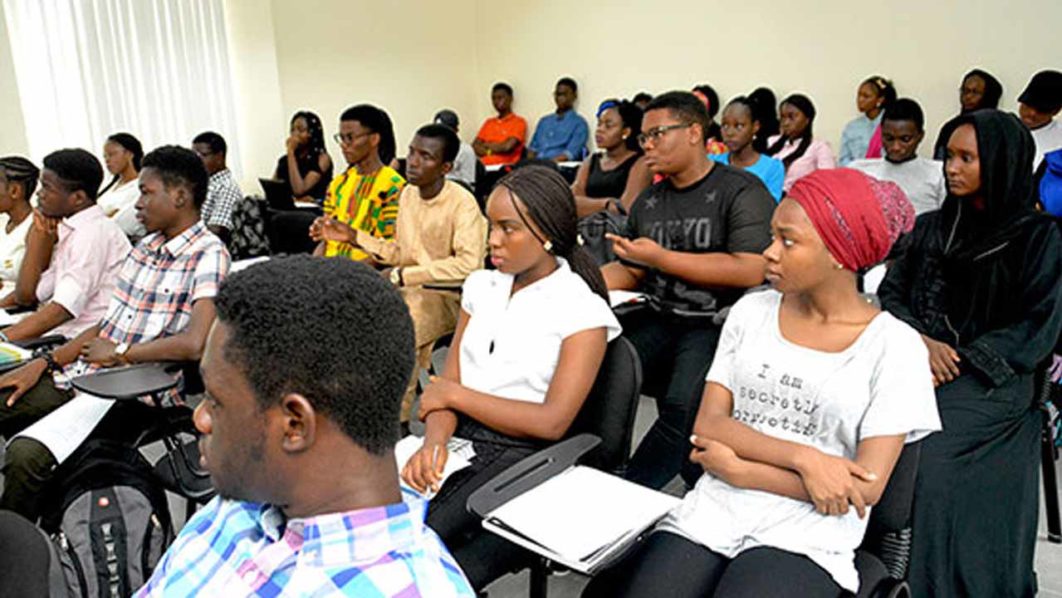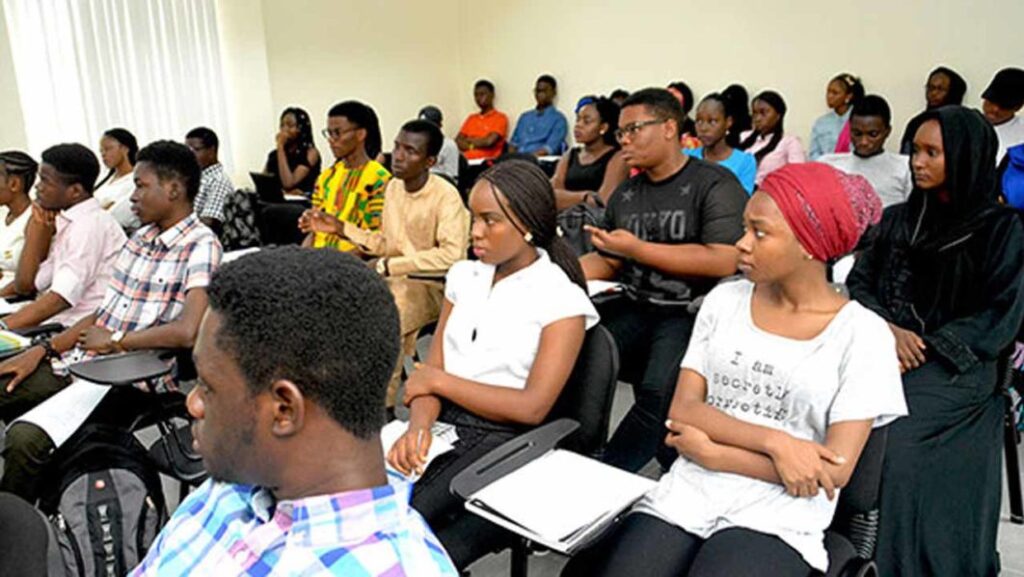Beyond academic achievements, soft skills play a pivotal role in personal growth, professional success, and adaptability to the ever-evolving work landscape. In this blog post, we delve into the importance of developing soft skills among Nigerian students.
Essential Soft Skills: Highlight a range of soft skills highly valued by employers, such as communication, teamwork, problem-solving, adaptability, and leadership. Explain how these skills complement academic knowledge and enhance job readiness.
Extracurricular Activities for Skill Development: Discuss the role of extracurricular activities in developing and enhancing soft skills. Encourage students to join clubs, participate in community service, or engage in team-based projects to cultivate communication, teamwork, and leadership abilities.
Improving Communication Skills: Offer guidance on improving essential communication skills, including active listening, public speaking, and effective written expression. Highlight the importance of clear and professional communication in academic and professional settings.
Cultural Intelligence for a Multicultural Society: Discuss the significance of cultural intelligence in a diverse Nigerian society. Encourage students to develop an understanding and appreciation of different cultures, fostering inclusivity and adaptability.
Long-Term Benefits of Soft Skills: Emphasize the long-term benefits of acquiring and honing soft skills. Explain how these skills increase employability, enable effective collaboration, and contribute to personal and professional fulfillment.
By actively building and honing soft skills, Nigerian students can distinguish themselves, gain a competitive edge, and prepare themselves for success in both academics and their future careers. Soft skills empower individuals to thrive in diverse environments, navigate challenges, and create meaningful impacts.






